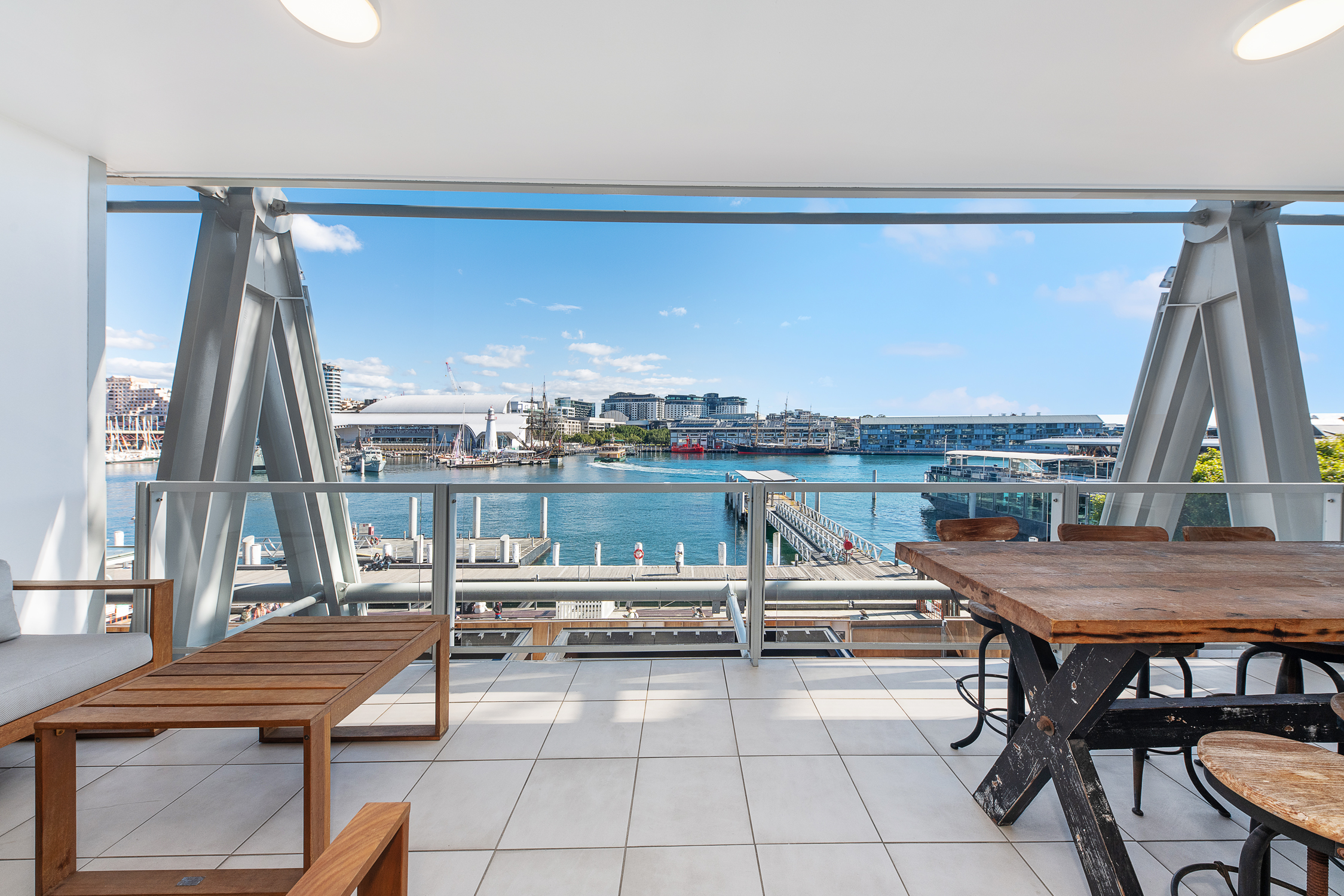Professional services fuel demand for Beijing’s office space
China’s capital set for a further boost with planned free trade zone status dedicated to the digital economy and service sector
China’s steady recovery from the COVID-19 pandemic continues as it registers a GDP growth of 3.2 percent in April to June, fuelling a pick-up in the service sector.
The demand for services grew at its fastest pace in two years in the second quarter of this year. According to data from China’s National Bureau of Statistic, the non-manufacturing purchasing managers’ index (PMI) grew from 54.2 in July to 55.2 in August.
The last time the non-manufacturing PMI hit 55 was in June 2018.
This growth is feeding into the country’s major office markets with more companies in the technology, media and communications service sector looking to lease office space in major Chinese cities according to JLL. As a major technology hub, Beijing is experiencing a significant impact due to “momentum demand”, a term referring to fast-growing businesses and those currently benefitting from government policies as well as the effects of COVID-19, says Yang Mi, Head of Research, JLL North China.
“Momentum demand occupiers are identifiable as high-risk and fast-growing tenants. They come from emerging industries and expand quickly, either specifically in targeted areas or generally across submarkets,” he says. “This demand source has largely been driven by the tech sector, but we’re seeing more of these occupiers even from non-tech industries such as healthcare, finance, insurance due to greater demand for these services due to the impact of the virus and government policies.”
Policy moves from Beijing such as a US$1.4 trillion investment in artificial intelligence, data centres, mobile communications and digital infrastructure projects for the next five years will be a further boost for growth in the tech sector.
In the finance sector, the government last year stipulated that wealth management firms were to spin off from state-owned banks leading to more wealth management companies setting up shop; authorities have also removed restrictions on foreign shares in securities, fund management and future companies this year, which is expected to lead to foreign investment firms growing their office footprint in Beijing.
“Given the fallout from the virus, it comes as no surprise that government authorities will step in and intervene with policy support. And in a policy-driven environment like Beijing, the market responds quickly, with tech and finance industries being the largest beneficiaries,” says Yang.
The first half of this year alone has seen several significant office leasing deals in the capital. Among them is popular online gaming company Playcrab which leased some 13,000 sqm in Olympic Area, while Chinese tech firm AS Master expanded to occupy 21,737 sqm of space in Zijin Digital Park.
Looking for more insights? Never miss an update.
The latest news, insights and opportunities from global commercial real estate markets straight to your inbox.
Financial institutions such as Ningbo Bank, Guangda Bank and China Galaxy Securities have relocated to newer offices in the capital in the districts of 3rd Embassy Area, East Chang An and Lize respectively, according to JLL.
Optimism Ahead
Beijing’s office space is set to see even greater interest following Chinese president Xi Jinping announcement last week that Beijing is earmarked as a pilot free trade zone focusing on digital economy and the service sector.
The move is good news for the real estate market. Landlords and tenants surveyed for JLL’s latest report on the Beijing office market are already optimistic that professional services will play a significant role in the city’s commercial real estate. The survey done in June this year polled more than more than 50 key players in China, including foreign firms, state owned enterprises and domestic companies; and 61 percent of these respondents agree professional services will drive occupancy recovery. The sector ranks second, just below IT sector (90 percent) and edge ahead of finance at 59 percent.
Investor confidence has responded accordingly. Several high-profile deals were closed earlier this year with transaction volumes registered US$3.9 billion in the first half of 2020 – lower than the US$5.3 Billion of the previous year’s first half, but higher than the US$1.42 billion in the first half of 2018, according to data from JLL. These include the purchase of LG Tower for US$1.59 billion by Singapore sovereign fund GIC and Baring Private Equity Asia’s snapping Arca Building in Zhongguan Cun for an undisclosed sum.
Investment Opportunities
“Despite the present downturn, investors are still keen on Beijing’s office market as it bodes well for the long-turn. COVID-19 has allowed unanticipated opportunities for market entry for investors and tenants picking up space at a softer rent,” says Yang.
Contact Yang Mi
Head of Research, JLL North ChinaWhat’s your investment ambition?
Uncover opportunities and capital sources all over the world and discover how we can help you achieve your investment goals.




